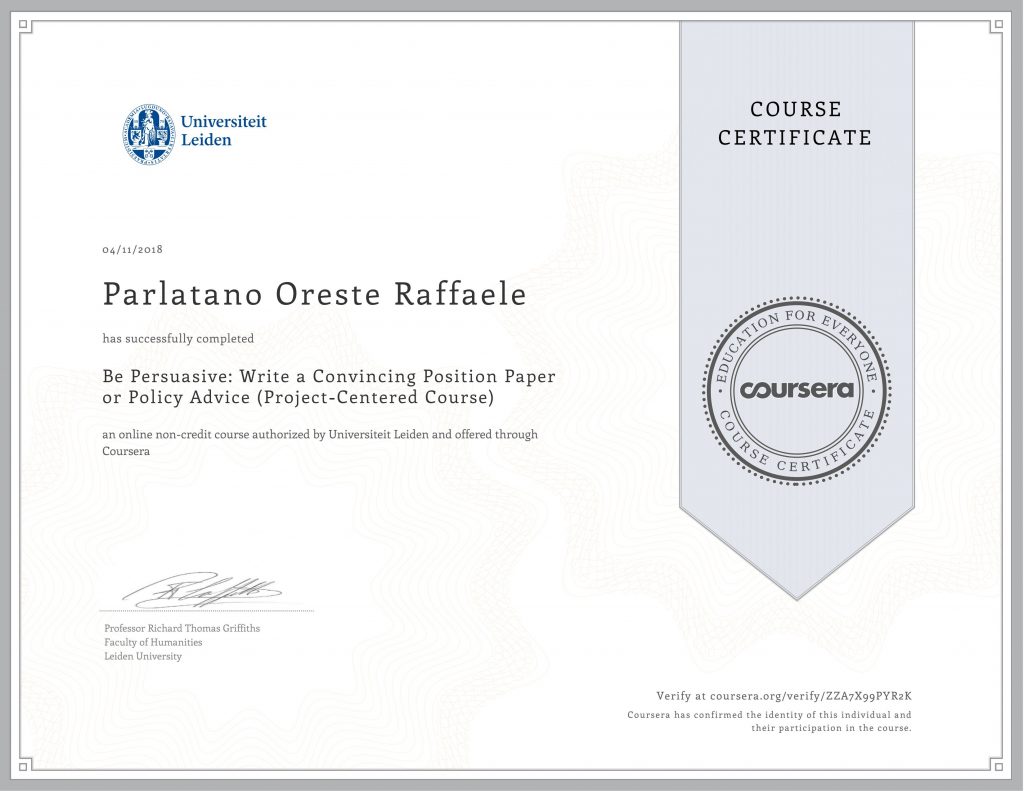Introduction:
Cohesion is an essential property of societies. The meaning of society, which is an organized group of persons associated together for religious, benevolent, cultural, scientific, political, patriotic, or other purposes, implies cohesion. On a large scale, religion is an important component of social cohesion, even in lay countries where religion has a cultural value more than a daily practice, it has a profound effect on all other components in particular on the political component. The majority of human people in the world have grown in a cultural environment where religion is theistic. Nowadays theism is no more able to face responsibilities, problems, difficulties typical of the modern societies.
Theism has been one of the main pillars of society cohesion during thousands years. Theism has been a solution for a variety of human problems when human beings were in a direct contact with the nature. Theism was convenient for coping with the unexplained phenomena of nature, helped people to deal with what seemed to be a higher power impossible to control. The proliferation of cities, together with the rise of population, modified the relation with nature, the contact is no more direct but mediated by the technology. Today the question is no more “theism can explain that ?” but “theism can manage that ?”. While the answer to the first question depends on people perception, the answer to the second question depends on measurable facts. From the second question, just the question not the answer, is easy to understand that the majority of people are affected for as long as the technology will drive their daily life.
Body:
Several researches were conducted during the last 10 years on the subject, several statistical results are available for analysis. Statistic results can be interpreted in a variety of ways, but the numbers are showing, without any reasonable doubt, that the theistic view of people is declining, religions are no more driving the daily life of the majority of human population.
Theistic religious authorities refuse to debate the problem, determining a growing distance between churches and society.
Societies have to find a new form of spiritual cohesion otherwise the societies will became just an aggregation of individuals with almost no more values in common.
The first consequence is observed in political participation, almost everywhere the number of people participating in political polls are declining. It is widely recognised that the transmission of values from one generation to another is becoming less effective. All these phenomena are related with the inefficacy of theism. Societies should be equipped in order to be able to cope with this modification of paradigm. It is necessary to take in consideration that such phenomena already occurred in human history, modification of paradigm has been often accompanied by violent reactions. That is the main reason why the problem should not be ignored and left to natural adaptation processes. Just as example, one of the main supporter of the thesis of this paper is father John Shelby Spong, Episcopalian bishop and theologian. He has been invited to take classes in 500 universities but he has also suffered 16 physical attacks by his brothers in the Episcopal faith because they felt threatened by his thought in their certainties and in the need for certainties.
Decline of theism has a profound effect on the transmission of moral values from generations, this transmission has also declined, moral values fail to adapt to the modern societies mainly because of lack of dedicated discussions among generations. Another important consequence can be observed in the decline of political participation, nowadays almost everywhere is possible to note a low turnout in political polls.
Concern has been expressed about levels of voter turnout in established democracies in recent decades, the point expressed in this paper is that a link between the decline of theism and decline in political participation exists.
Decline in political participation leads to somewhat of a paradox: never before has the Western world experienced higher levels of literacy and education, and never has it reached such high technological development, which enables information to be stored, accessed and circulated so rapidly and effectively; yet, these achievements are accompanied by a reduction in voting, arguably the simplest form of political participation. How can this be explained? This paper points out that the proliferation of cities, together with the rise of population, modified the relation with nature, the contact is no more direct but mediated by the technology. This fact makes theism ineffective, incapable of answering basic questions, a gap between the need of understanding the environment and the tools able to build theories that help to understand is growing. This gap is influencing people’s capacity to hold cohesion in modern societies, the effect on politics is self evident.
Conclusions:
In order to mitigate the effect of the decline of theism and the negative effects in political participation, history of religions from sociological and historical point of view should be taught in primary schools, while the possible alternatives to theism should be matter of study in higher schools. Moreover investigation and discussions on the matter of theism in modern society should be facilitated by financing appropriate initiatives. To fail in mitigating the effect of the decline of theism will amplify the need of order, political equilibrium, social peace, leading to strong polarization and possible religious fanatism.
From the source n. 1, Roberto Mancini, professor of theoretical philosophy at the University of Macerata, says:
“The sense of God, understood as the vital importance of his presence and of his absence, remains
external to the contemporary cultural scenario. On the other hand, the question of consequences of the collective behavior of adherents to religions in modern culture. Methodologically, however, religions should not be considered as a self reality in relation to society. Contemporary societies are highly complex and within them are important the self-regulating organizational systems such as the market, technology, bureaucracy, etc. In contemporary societies the knowledge of the need for a life orientation that is the fruit of freedom and therefore also of faith could be lost. The affective, experiential space to recognize a relationship with God declines. This does not mean that religion in contemporary societies disappears. To understand what happens to religion it is necessary to refer to the category of nihilism, which is not atheism or faith but it is the loss of the need to adhere, not mentally, but in daily life, to a concept of absolute. The market, technology, bureaucracy, etc. they put us in automatic paths and when we live automatically we no longer recognize the value and the meaning of existence, we only recognize the goal of survival. This is the mass nihilism in which the meaning of religion is atrophied.”
Sources:
Uomini e Profeti, 2017, radio broadcast, RAI RADIO 3, Milan, Italy, Dec. 29, 2017.
John Shelby Spong, 2009, Eternal life: a new vision, HarperOne, San Francisco, USA.
John Shelby Spong, 2001, A new christianity for a new world, HarperOne, San Francisco, USA.
John Shelby Spong, Maria Lopez Vigil, Roger Lemers, José Maria Vigil, 2016, Oltre le religioni, Gabrielli Editori, Verona, Italy.
Gregory Paul, Phil Zuckerman, 2007, Why the gods are not winning, The third culture, viewed 2017, https://www.edge.org/3rd_culture/paul07/paul07_index.html
Global index of religion and atheism, 2012, WIN-Gallup International, https://web.archive.org/web/20121016062403/http://redcresearch.ie/wp-content/uploads/2012/08/RED-C-press-release-Religion-and-Atheism-25-7-12.pdf

